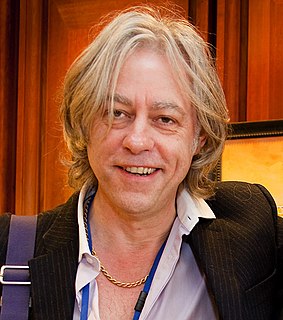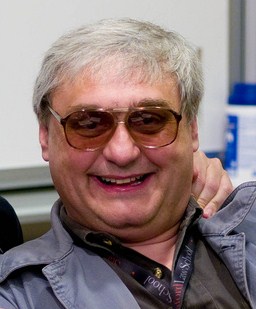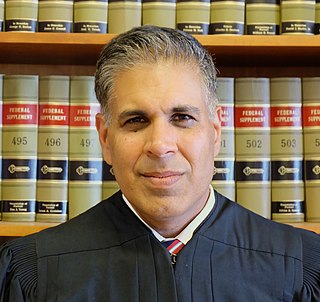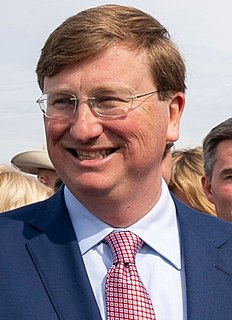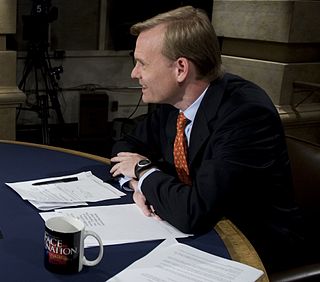A Quote by Bob Geldof
You can't trust politicians. It doesn't matter who makes a political speech. It's all lies - and it applies to any rock star who wants to make a political speech as well.
Related Quotes
Because of the free speech clause in the First Amendment, which is very clear, "The government shall make no law abridging freedom of speech," and it literally is about political speech. You can say anything you want about politics, a candidate, and the government cannot stop you. And the Democrats hate that.
The First Amendment is really at the very core of political speech, and political speech is at the core of the First Amendment. So, we want to be very careful to make sure that candidates for office are free to express their views so that people will make an informed choice. We don't want them holding back, and sort of concealing their views and then disclosing them afterwards.
The west has fiscalised its basic power relationships through a web of contracts, loans, shareholdings, bank holdings and so on. In such an environment it is easy for speech to be "free" because a change in political will rarely leads to any change in these basic instruments. Western speech, as something that rarely has any effect on power, is, like badgers and birds, free.
Active liberty is particularly at risk when law restricts speech directly related to the shaping of public opinion, for example, speech that takes place in areas related to politics and policy-making by elected officials. That special risk justifies especially strong pro-speech judicial presumptions. It also justifies careful review whenever the speech in question seeks to shape public opinion, particularly if that opinion in turn will affect the political process and the kind of society in which we live.
